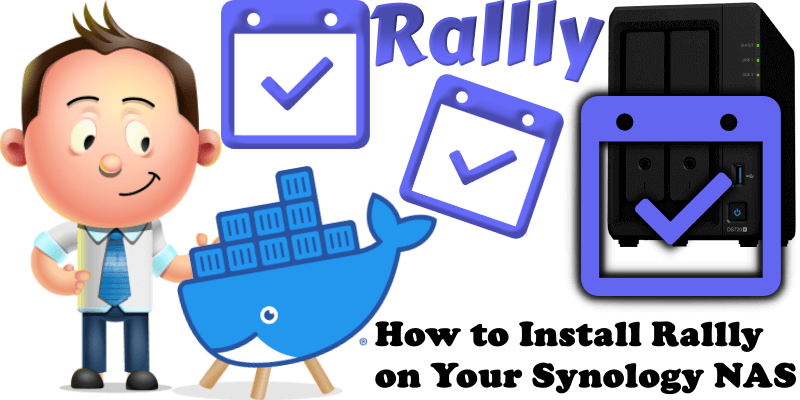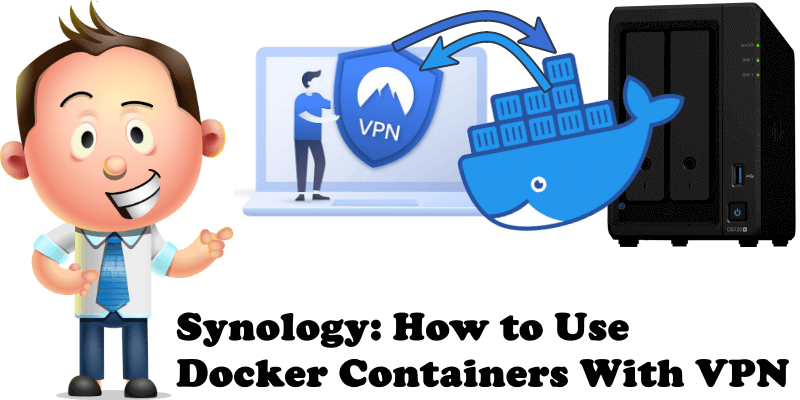How to Install Plausible on Your Synology NAS
Plausible Analytics is a simple, lightweight, open source and privacy-friendly alternative to Google Analytics, similar to Umami and Matomo. It doesn’t use cookies and is fully compliant with GDPR, CCPA and PECR. The mission of Plausible is to reduce corporate surveillance by providing an alternative web analytics tool which doesn’t come from the AdTech world. … Read more about How to Install Plausible on Your Synology NAS





